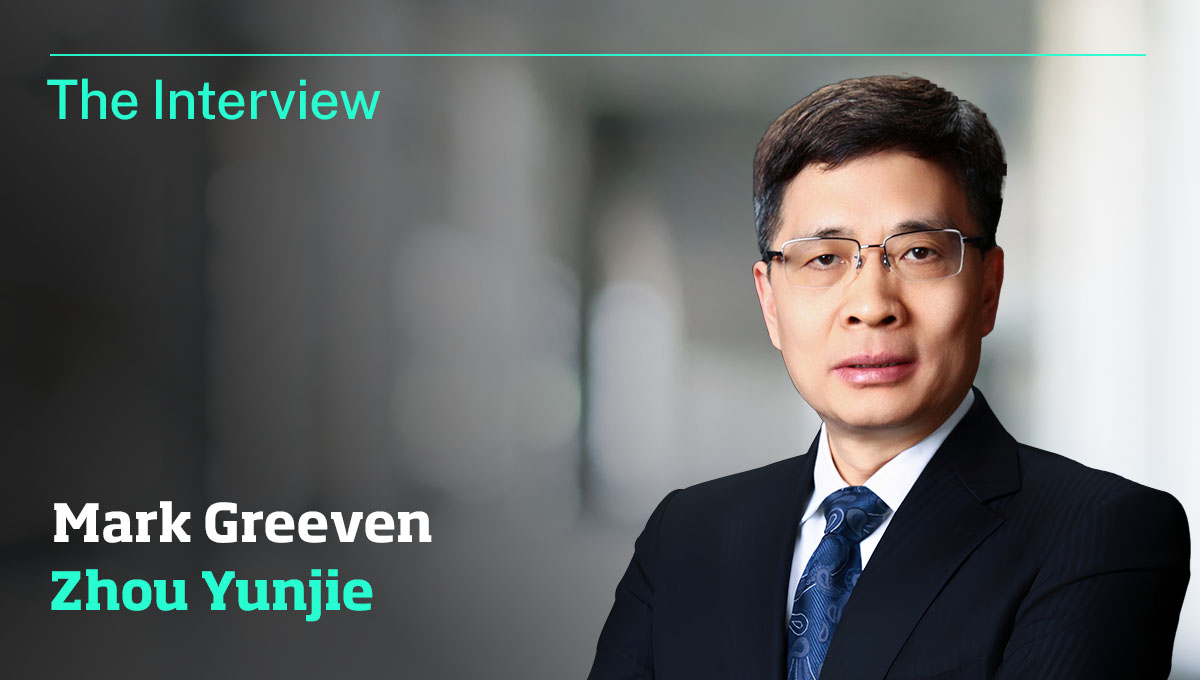How Fuchs drives autonomy at scale to win in a fragmented world
In a world where agility and global foresight are crucial for business survival and growth, the FUCHS case presents a compelling narrative of transformation. This case study follows FUCHS, a leading global lubricant company, on its journey to navigate the complexities of a rapidly changing business environment while staying true to its decentralized roots. The story unfolds from the company’s humble beginnings, detailing how FUCHS has grown into a global player under the stewardship of CEO Stefan Fuchs. It emphasizes the challenges of operating in a fragmented market and the need to embrace new global forces, such as digitalization, sustainability and evolving customer expectations. The case highlights the strategic pivot FUCHS makes when it created its first ever corporate strategy, “FUCHS2025,” marking a significant shift in the company’s approach to global market dynamics. A central theme of the case is how FUCHS rethinks its matrix organization and implements agile networks. This strategic move illustrates how FUCHS balances its traditionally decentralized structure with a growing need for global integration and efficiency. The case details the intricacies of these networks, particularly focusing on HR, to show how FUCHS harnesses the power of cross-functional collaboration and shared leadership. Readers of the case will gain a comprehensive understanding of how a traditional, family-led business can successfully adapt to global trends and internal challenges. It’s a tale of strategic evolution, highlighting the delicate balance between maintaining core values and innovating to stay competitive in a fragmented world. The FUCHS case is not just a story of a company, but a blueprint for businesses facing similar global challenges, demonstrating how to win in a decentralized yet interconnected market landscape.
- Understand the challenges and opportunities of transforming a traditional, decentralized family-led business in a dynamic global market.
- Explore strategic planning and implementation in a matrix organization, focusing on the balance between global integration and local autonomy.
- Examine the role and impact of agile networks in facilitating organizational change and enhancing cross-regional collaboration.
- Learn the different methods that a headquarters may use to manage local subsidiaries, in particular through the lens of the transaction cost theory and agency theory.
2019-2023
Cranfield University
Wharley End Beds MK43 0JR, UK
Tel +44 (0)1234 750903
Email [email protected]
Harvard Business School Publishing
60 Harvard Way, Boston MA 02163, USA
Tel (800) 545-7685 Tel (617)-783-7600
Fax (617) 783-7666
Email [email protected]
NUCB Business School
1-3-1 Nishiki Naka
Nagoya Aichi, Japan 460-0003
Tel +81 52 20 38 111
Email [email protected]
IMD retains all proprietary interests in its case studies and notes. Without prior written permission, IMD cases and notes may not be reproduced, used, translated, included in books or other publications, distributed in any form or by any means, stored in a database or in other retrieval systems. For additional copyright information related to case studies, please contact Case Services.
Research Information & Knowledge Hub for additional information on IMD publications

10 years of exclusive surveys reveal top supply chain strategy challenges—and how tools like AI, ML, and digital twins are reshaping the path forward.

Uncover AI use cases and opportunities with 4 clear imperatives that align data with business value. Avoid pitfalls and ask the right questions.

Stay ahead in a shifting global economy. Learn how to build resilient supply chains, manage currency risks, and adapt strategies for long-term business success.

#post_excerptHannele Jakosuo-Jansson of Neste and Finnair shared key insights on board roles in CEO transitions and culture shifts with IMD’s High Performance Boards program.

An intelligent organizational sensory system detects, processes, and acts on change signals, giving your company a strong competitive edge.

Three Ways to Deal with Your Boss when they act against civility, empathy, and ethics. Discover strategies to handle difficult workplace dynamics effectively.

Six ways leaders can shape corporate reputation building strategies within their organizations, drawing on key insights from a Bloomberg Media study.

Haier's CEO Zhou Yunjie explains how the company's innovative RenDanHeYi model empowers employees, drives global growth, and adapts to market changes.

To navigate a turbulent business environment, CEOs must understand their landscape and align leadership thinking priorities, advises IMD’s Michael Watkins.
Case B describes the unprecedented challenges faced by CO-RO in 2020. The implementation of the sugar tax in its largest Middle Eastern market led to a near 50% volume drop in CO-RO’s sales, and Covid-19 lockdowns impacted the Asia-Pacific (APAC) ...
Research Information & Knowledge Hub for additional information on IMD publications
Research Information & Knowledge Hub for additional information on IMD publications
Research Information & Knowledge Hub for additional information on IMD publications
Research Information & Knowledge Hub for additional information on IMD publications
Research Information & Knowledge Hub for additional information on IMD publications
Research Information & Knowledge Hub for additional information on IMD publications
in I by IMD
Research Information & Knowledge Hub for additional information on IMD publications
Research Information & Knowledge Hub for additional information on IMD publications
Research Information & Knowledge Hub for additional information on IMD publications
Research Information & Knowledge Hub for additional information on IMD publications

